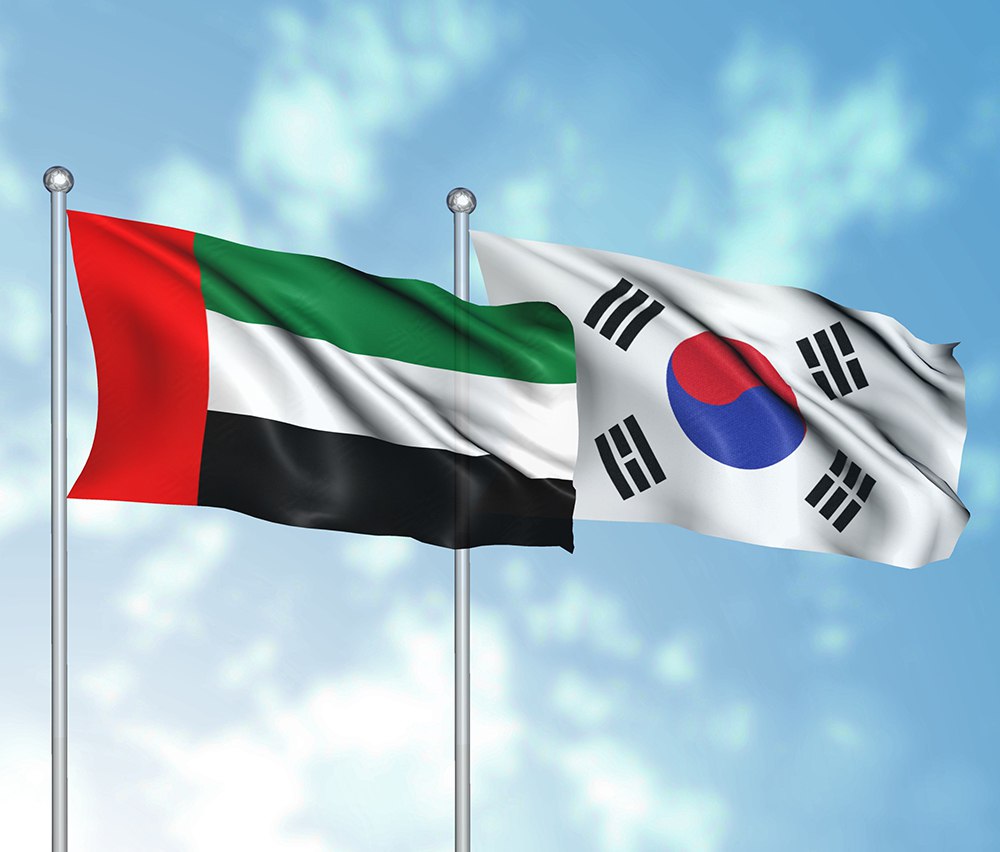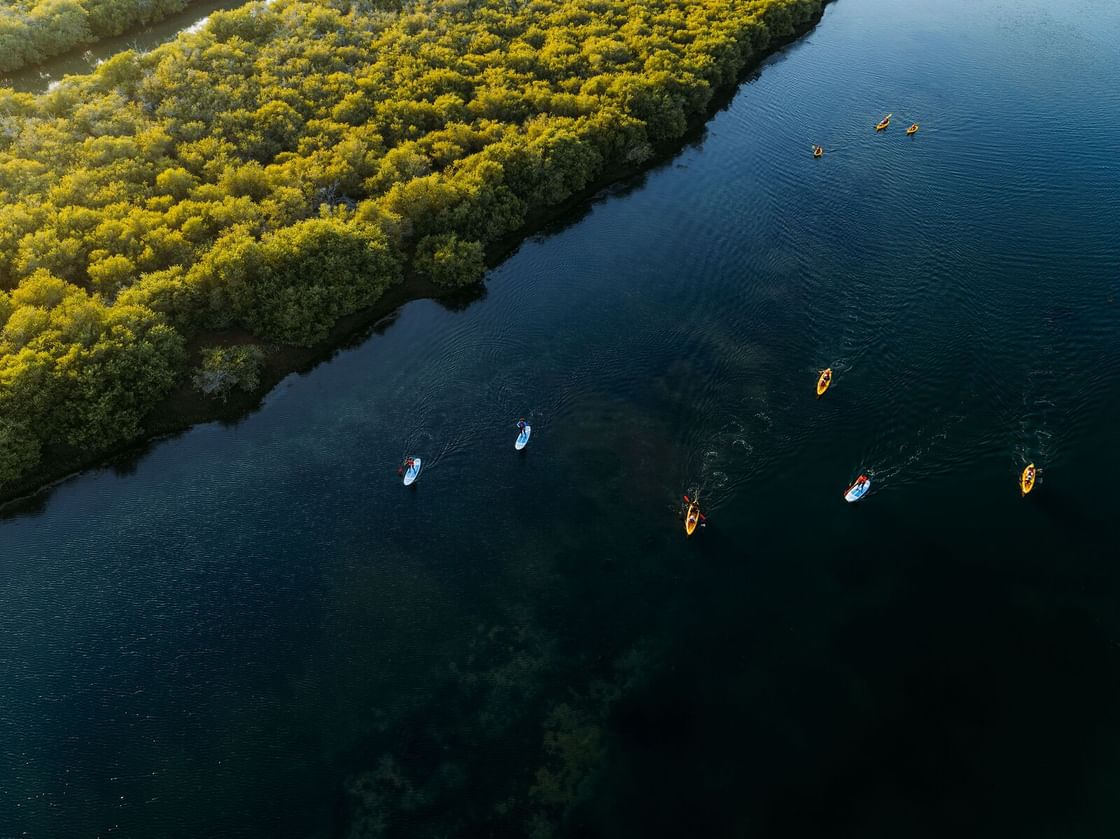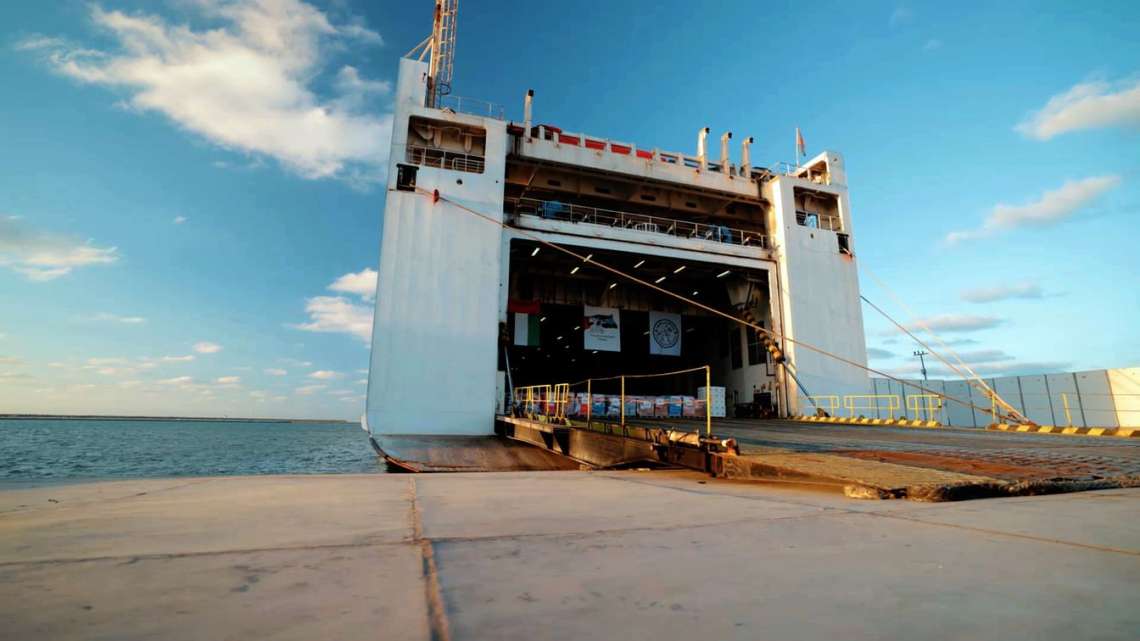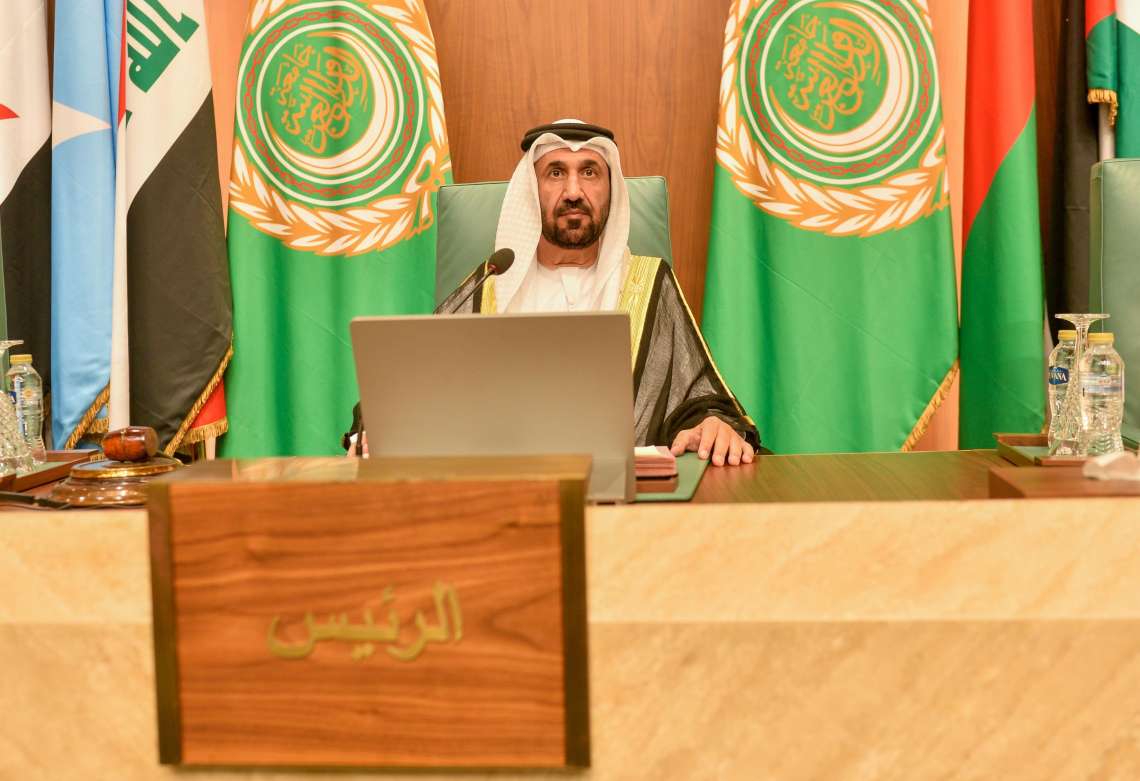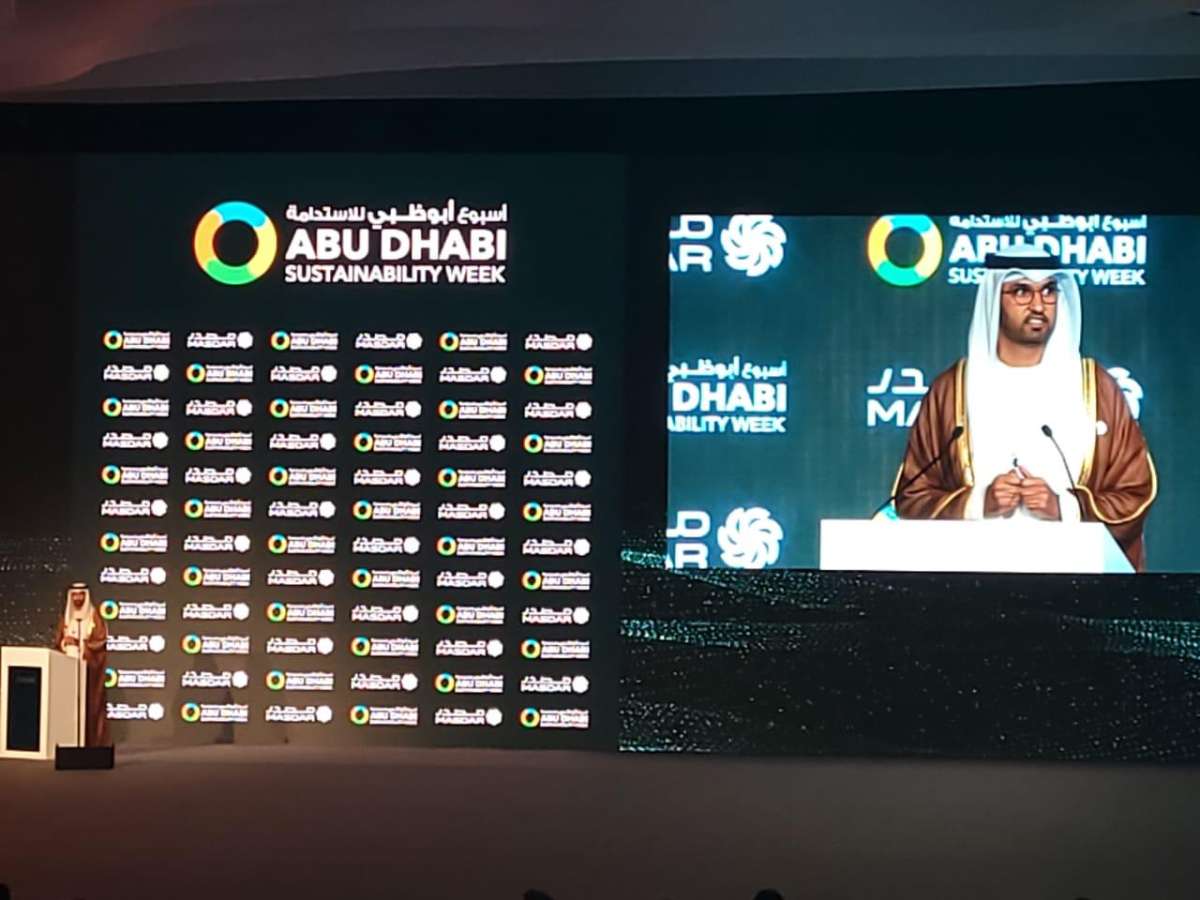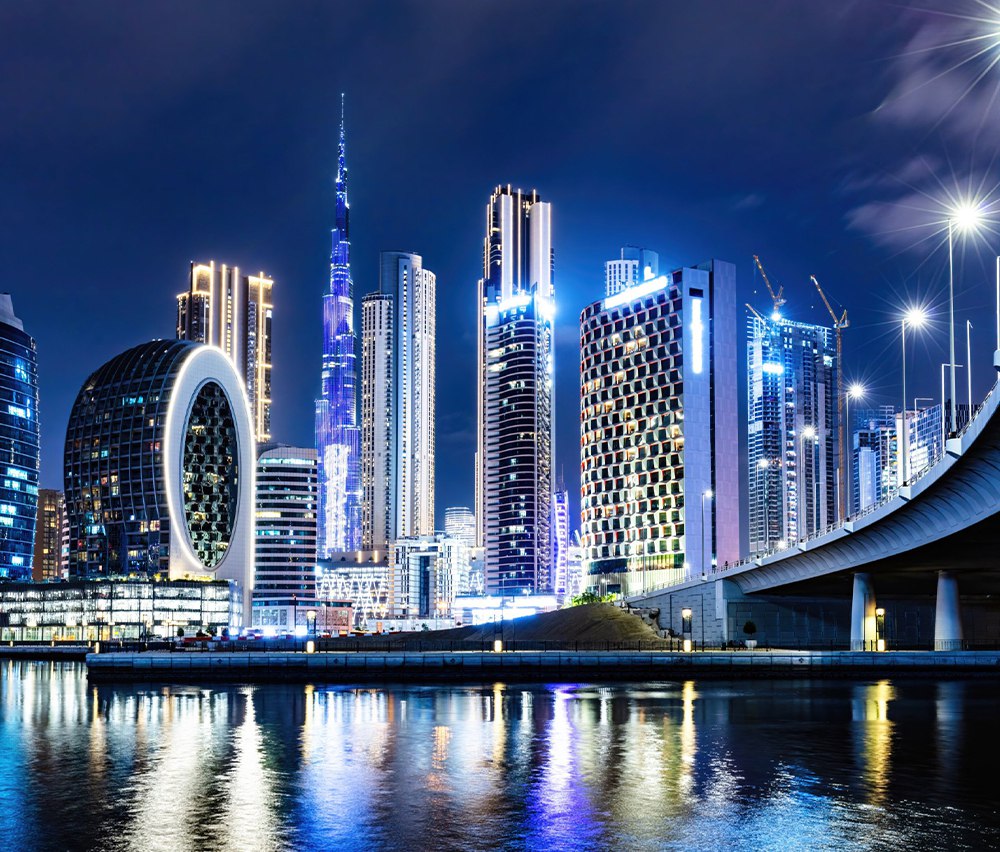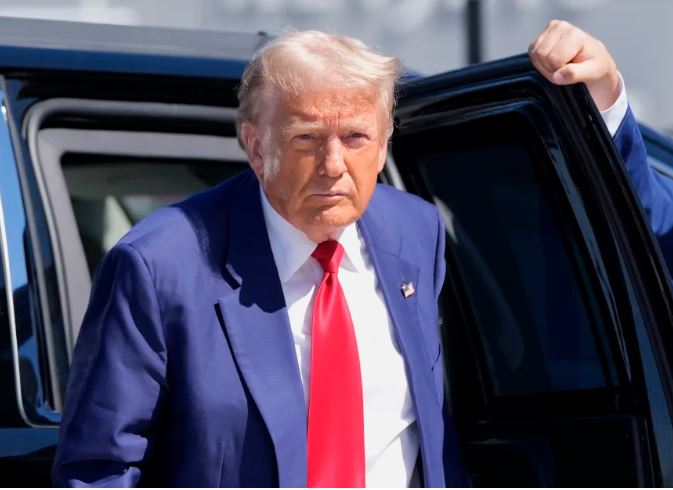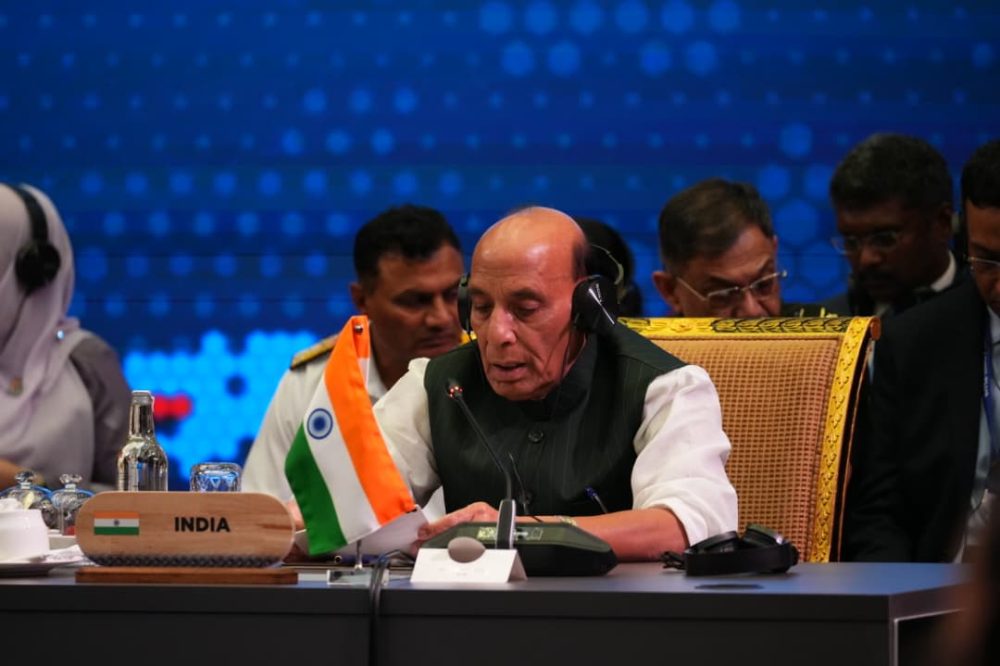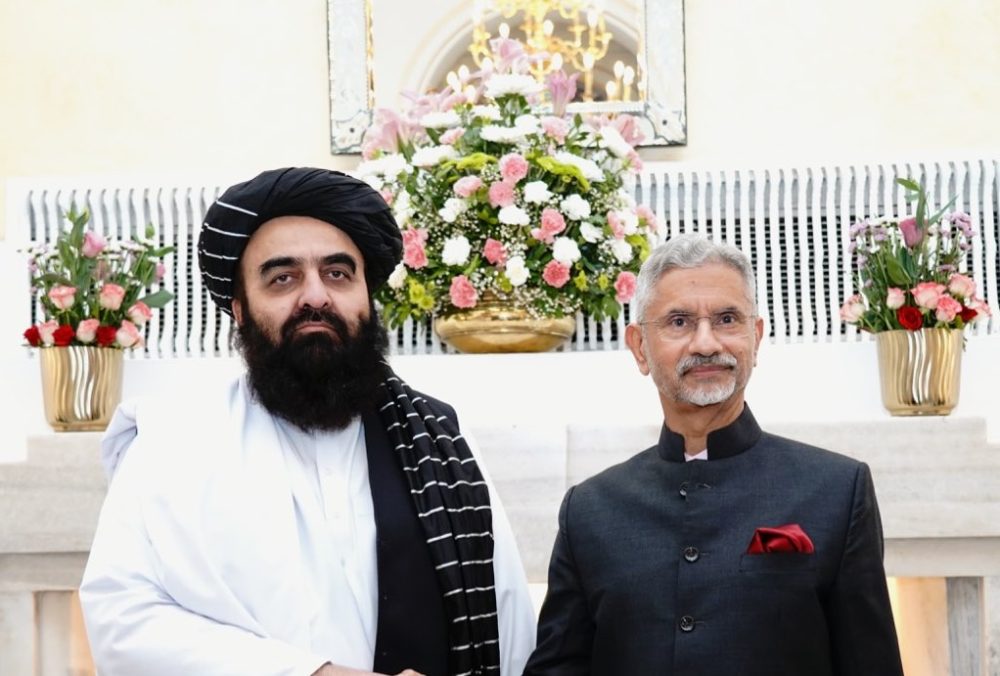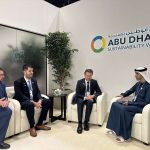This came during the state visit of Yoon Suk Yeol, President of the Republic of Korea, to the UAE….reports Asian Lite News
The UAE and South Korea affirmed that climate change is one of the most important challenges facing the world today, as a result of its negative repercussions on the economic, environmental, social and security aspects.
In a Joint Declaration on Climate Action, the two countries underscored that collective commitment to confronting climate change should not be affected by geopolitical challenges, energy and food crisis, and the repercussions of the global pandemic.
This came during the state visit of Yoon Suk Yeol, President of the Republic of Korea, to the UAE.
UAE President Sheikh Mohamed bin Zayed Al Nahyan and his S. Korean counterpart, both acknowledged that climate change is one of the most pressing challenges with economic, environmental, social, security and human rights consequences for the international community.
They emphasised that the current landscape of geopolitical challenges, the energy and food crisis and the residual impacts of the global pandemic should not impede collective commitment to addressing climate change.
They also agreed to bolster actions to tackle the climate crisis at the national level and collectively.
In this regard, they recognised the urgent need to achieve the 1.5℃ temperature goal of the Paris Agreement and reaffirmed their willingness to work together bilaterally and in the multilateral arena centred on the UN Framework Convention on Climate Change (UNFCCC) processes to ensure effective implementation of both countries’ respective 2030 Nationally Determined Contributions (NDCs) and net-zero emission goals by 2050.
President Yoon congratulated the UAE as the selected host country of the 28th Session of the UNFCCC Conference of Parties (COP28) in 2023 and extended his full support to the UAE’s COP28 Presidency.
Sheikh Mohamed welcomed ROK’s hosting of the Korean Global Adaptation Week 2023 in August, which will be a platform to showcase and promote actions and practices to adapt to the impacts of climate change, as well as contribute to meaningful outcomes for adaptation and resilience at COP28.
For effective climate action, the leaders recognised the role of forests as a stabilising force for the climate as an effective carbon sink, enabler for the regulation of ecosystems, biodiversity protection and climate change nature-based solution.
They reaffirmed commitments to raising ambition and implementation of global declarations and pledges on forests including the Glasgow Leaders’ Declaration on Forests and Land Use issued at the COP26 UN Climate Change Conference.
To lay the foundation for overarching climate cooperation between the UAE and ROK, the two leaders agreed to pursue the conclusion of a bilateral [Framework Agreement on Climate Change Cooperation] in the first half of 2023.
This framework will seek to facilitate action-oriented cooperative endeavours in areas such as greenhouse gas emission reduction, capacity enhancement on adaptation action as well as the scaling up and deployment of clean and green technologies.
Both Leaders noted the importance of promoting climate-friendly business environments and investments in clean energy technologies and projects. They also acknowledged the wide-ranging contributions by the private sector for climate mitigation and adaptation solutions to accelerate the transition towards a low-carbon and climate-resilient economy
In this regard, the two Leaders appreciated the significant role of voluntary carbon markets for decarbonisation efforts by businesses beyond their own carbon footprint and welcomed the recently launched voluntary carbon trading initiatives between the private sectors of the two countries.
The two Leaders recognised the need to deepen collaboration in the energy sector, given its strategic importance for their respective economies, and to step up research and development and investments in new technologies to develop energy systems of the future.
They also underlined the importance of promoting clean energy and the rationalisation of the energy mix at all levels to diversify energy sources in line with their respective national circumstances.


